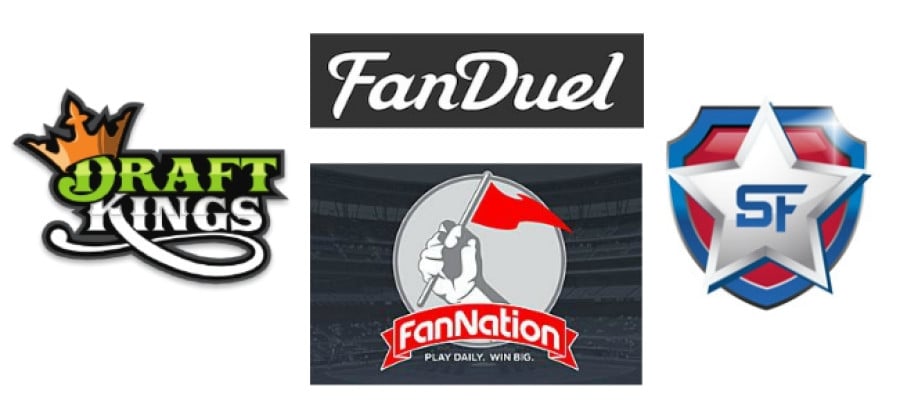The legality of daily fantasy sports betting in the US

Since 1919, when the then-heavily favored Chicago White Sox intentionally lost the World Series, sport gambling and sport betting have been at the forefront of the national sports conversation.1 The event ultimate led to the Professional and Amateur Sports Protection Act of 1992 (the “Bradley Act”),2 which effectively bans sports gambling in the United States.
However, using an exemption in the Unlawful Internet Gambling Enforcement Act of 2006 (UIGEA),3 numerous businesses have created a legal alternative for American sports gambling in the form of daily fantasy sports.
This article examines the background to the daily fantasy betting industry, and describes how the practice is categorized under US law.
History of Gambling Regulation in the United States
The United States has a long history of gambling regulation. Congress passed the Anti-Lottery Act in 1890 prohibiting the transport of lottery-related materials across state lines.4 In 1961 Congress passed the Wire Act, and the Travel Act, which prohibited individuals to send or receive bets or gambling information, either via phone (over wires), any form of travel, or mail.5 Congress passed the Bribery in Sporting Contests Act in 1964, which criminalized bribing or attempting to bribe someone to influencing the outcome of a sporting event.6 As well, Congress passed the Illegal Gambling Business Act (IGBA) in 1970.7 Under the IGBA, conducting a gambling business that is deemed “unlawful” by state law is subject to federal criminal prosecution.8
The Bradley Act
Congress passed the Bradley Act in 1992 with three goals in mind:
“(1) stop the spread of state-sanctioned or state-run sports gambling, (2) maintain sport’s integrity, and (3) reduce the promotion of sports gambling among America’s youth.”9
The Bradley act came after states began to consider legalized sports betting to increase tax revenue.10
The Bradley Act makes it illegal for:
"(1) a governmental entity to sponsor, operate, advertise, promote, license, or authorize by law or compact,
or
(2) a person to sponsor, operate, advertise, or promote, pursuant to the law or compact of a governmental entity, a lottery, sweepstakes, or other betting, gambling, or wagering scheme based, directly or indirectly (through the use of geographical references or otherwise), on one or more competitive games in which amateur or professional athletes participate, or are intended to participate, or on one or more performances of such athletes in such games."11
The Bradley Act makes sports gambling illegal in every US state except Oregon, Montana, Nevada, and Delaware.12 Likewise the Bradley Act empowers National Collegiate Athletic Association (“NCAA”), the National Basketball Association (“NBA”), the National Football League (“NFL”), the National Hockey League (“NHL”), and the Office of the Commissioner of Major League Baseball (“MLB”) (together hereinafter the “Sports Leagues”) to enforce the law along with the Department of Justice.13
It should be noted that despite the provisions within the Bradley Act, shortly after its passage Americans still spent between $80 billion and $380 billion worth of bets annually on illegal sports bets.14 For a more detailed review of the Bradley Act and discussion around whether it is still for purpose, see here.15
To continue reading or watching login or register here
Already a member? Sign in
Get access to all of the expert analysis and commentary at LawInSport including articles, webinars, conference videos and podcast transcripts. Find out more here.
- Tags: Gambling | Governance | Professional and Amateur Sports Protection Act 1992 | Regulation | United States of America (USA) | Unlawful Internet Gambling Enforcement Act of 2006
Related Articles
- The growth of daily fantasy sports betting and the legal issues it faces: an interview with Shergul Arshad
- NFL's Next Gen Stats and Sportradar US deal explained: An exclusive interview with Ulrich Harmuth - Episode 27
- US sports betting: why statutory interpretation may be key to New Jersey’s efforts to legalize gambling
- U.S. sports betting: is the Professional & Amateur Sports Protection Act still fit for purpose?
Written by
Andrew Visnovsky
Andrew (pronouns: He/Him) is a lawyer, sports management consultant, and founding member of Ad Victoriam Sports Group, a sports management consultancy specializing in North American soccer and the global transfer market of athletes and esports talent.




